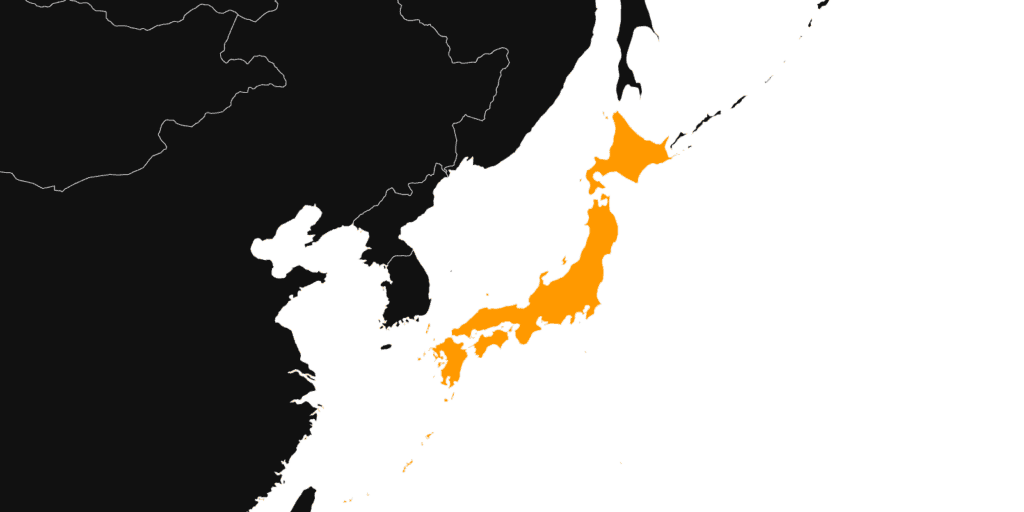

Japan: Foreign journalists to be tracked by GPS at Tokyo Olympics
The International Federation of Journalists said this policy denies journalists their right to privacy and limits the freedom of the press.
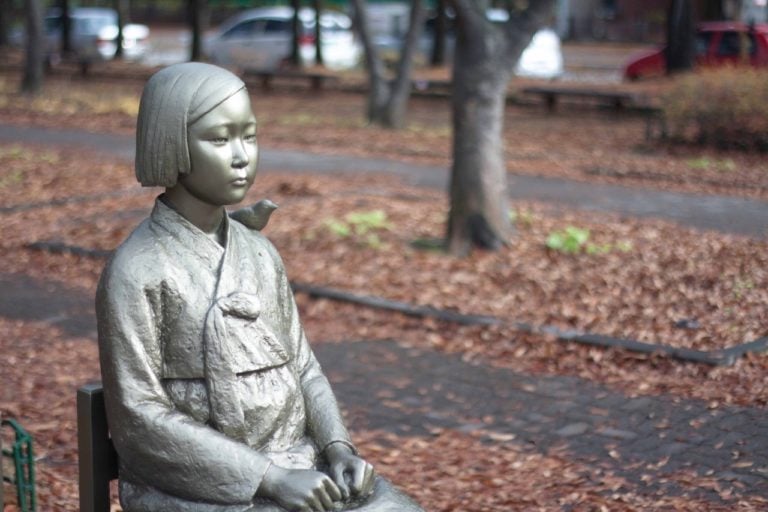
Japan: Aichi Prefecture cancels art exhibition focused on censorship
An art exhibition about taboo topics in Japan was canceled raising questions about freedom of expression in the country.

Outrage in Japan after popular TV program “Tunnels” ridicules LGBTQI+ community
The revival broadcast of a popular Japanese television show in the 1980s featuring offensive stereotypes of gay men generated public outrage.
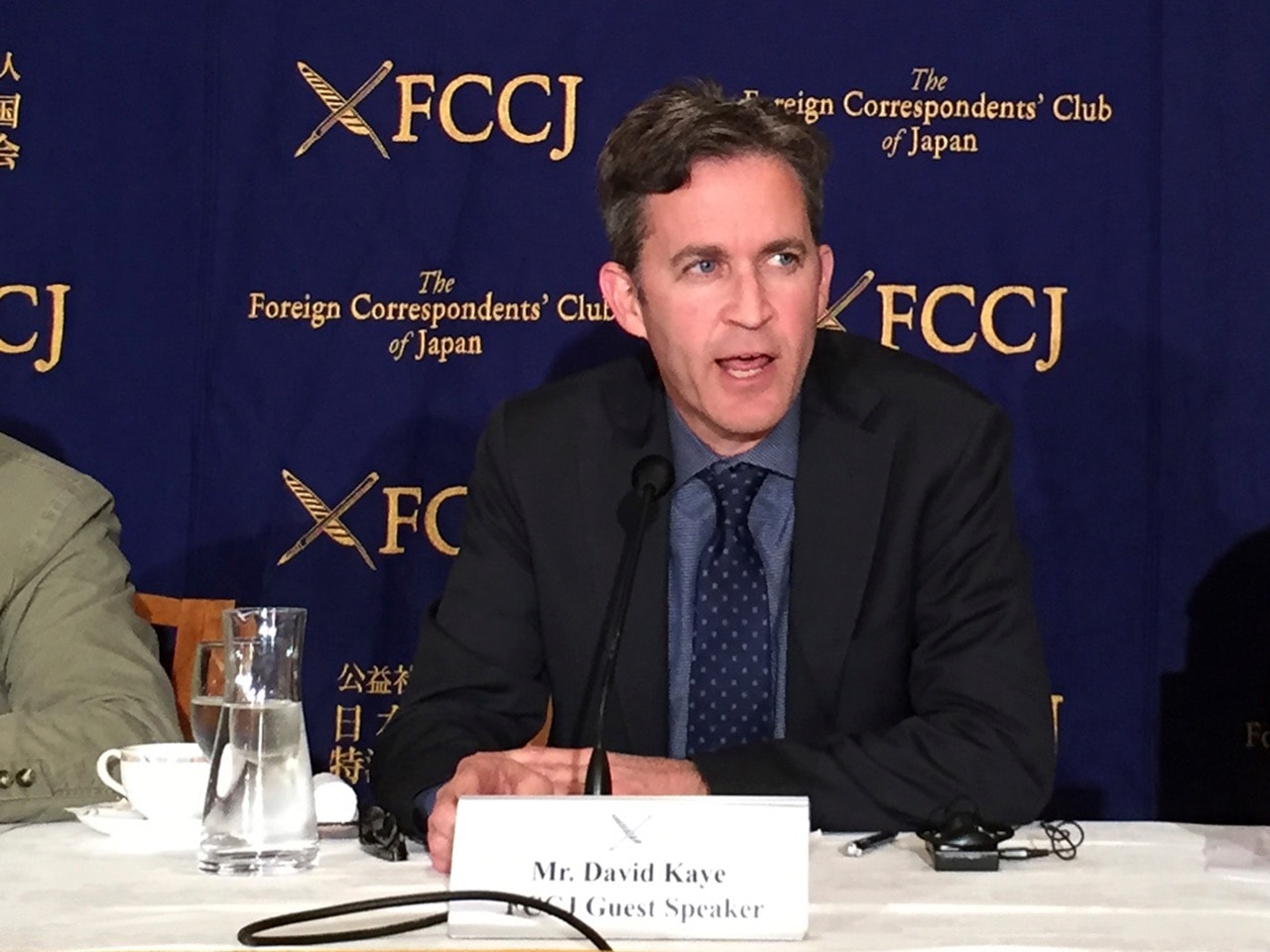
Political threats to media freedom undermine cornerstone of democracy in Japan
Recent reports of increasing political pressure on the freedom of the media raise serious concerns that the Japanese government may be trying to prevent journalists from fulfilling their role as watchdogs of democracy.
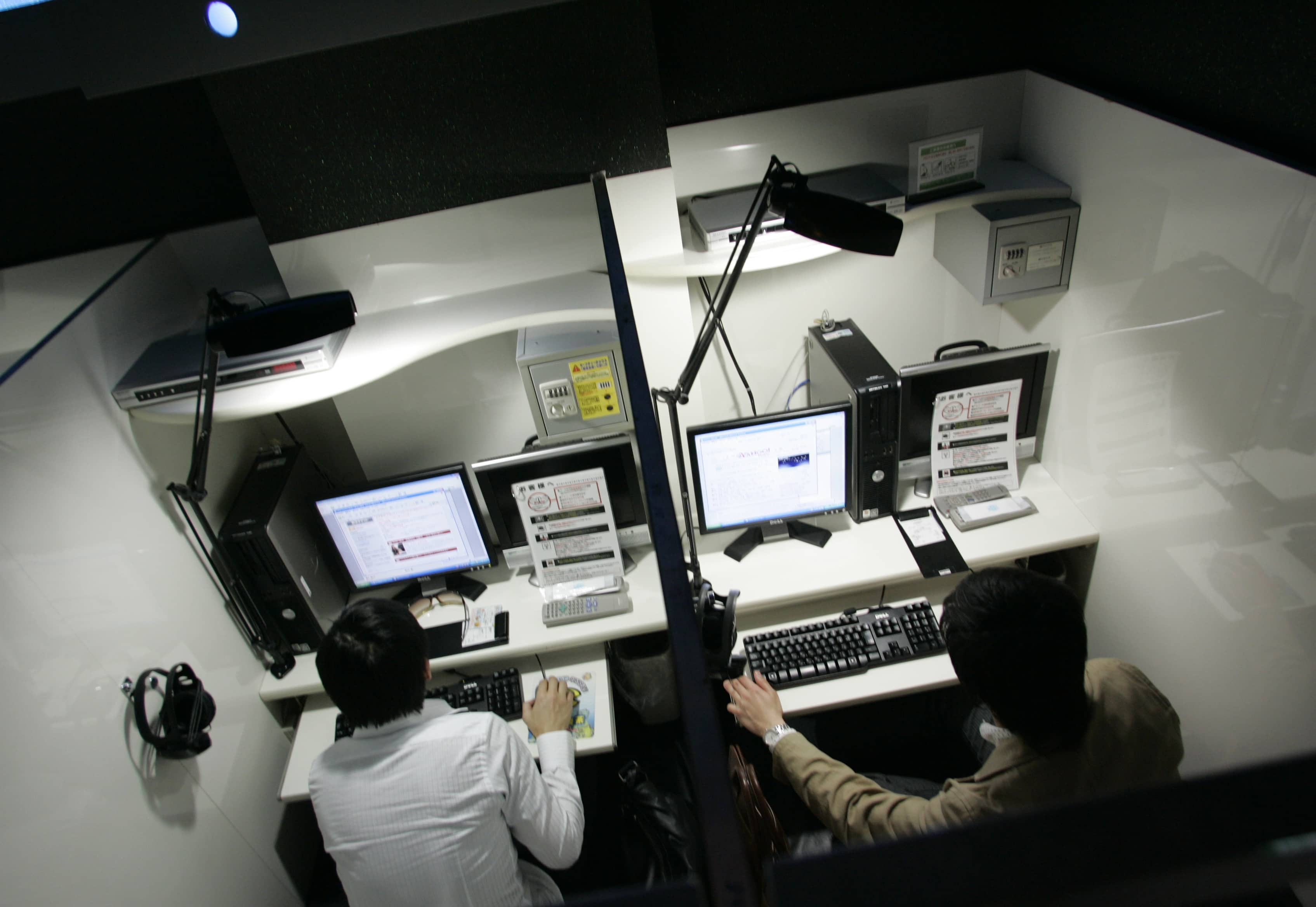
Country Report: The Right to Information in Japan
Article 21 of the Constitution of Japan guarantees freedom of assembly, association, speech, press and all other forms of expression.
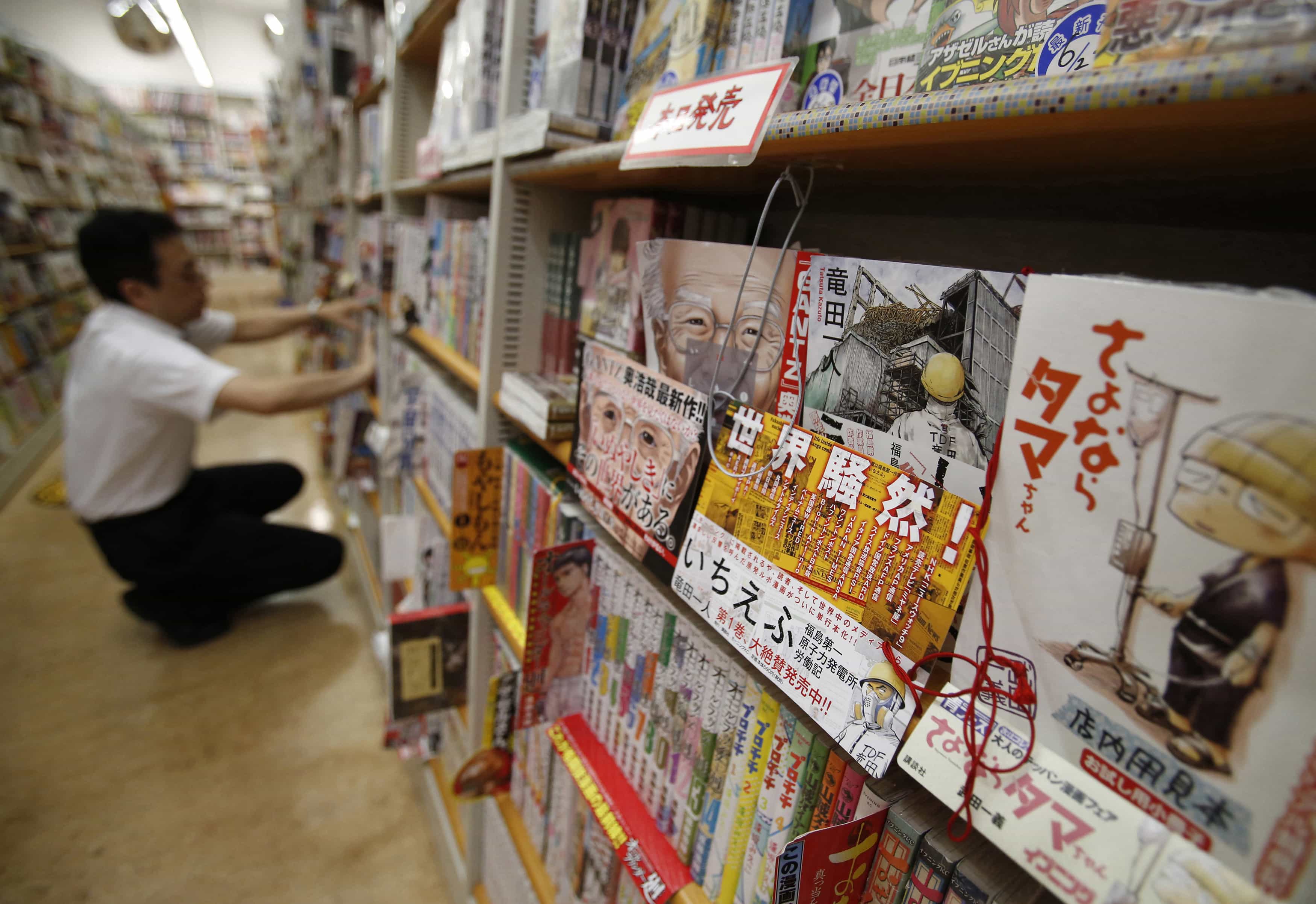
Japan and U.S. align on TPP provisions that harm Japanese creators
Japan’s entry into the Trans-Pacific Partnership (TPP) will see a wide range of changes sweeping the economy and the community. These include copyright changes, which unlike in many other TPP countries have sparked national attention.
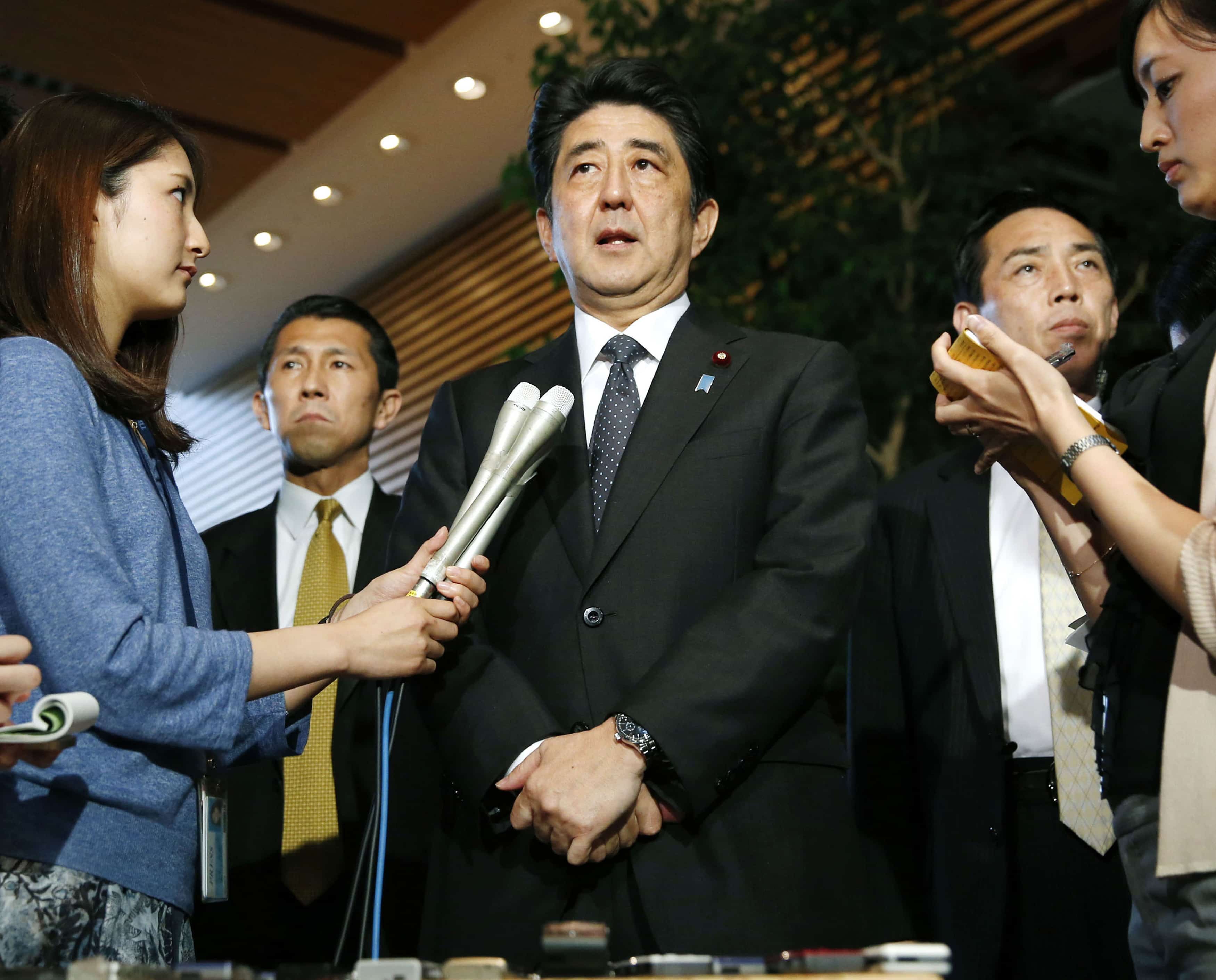
Media outlets in Japan facing pressure over criticism of ruling party
“Given the fundamental need for independent media in a democracy, we urge Japan’s leaders to ensure that media outlets’ ability to report freely is respected and to take steps to protect that ability,” said IPI Director of Advocacy and Communications Steven M. Ellis.
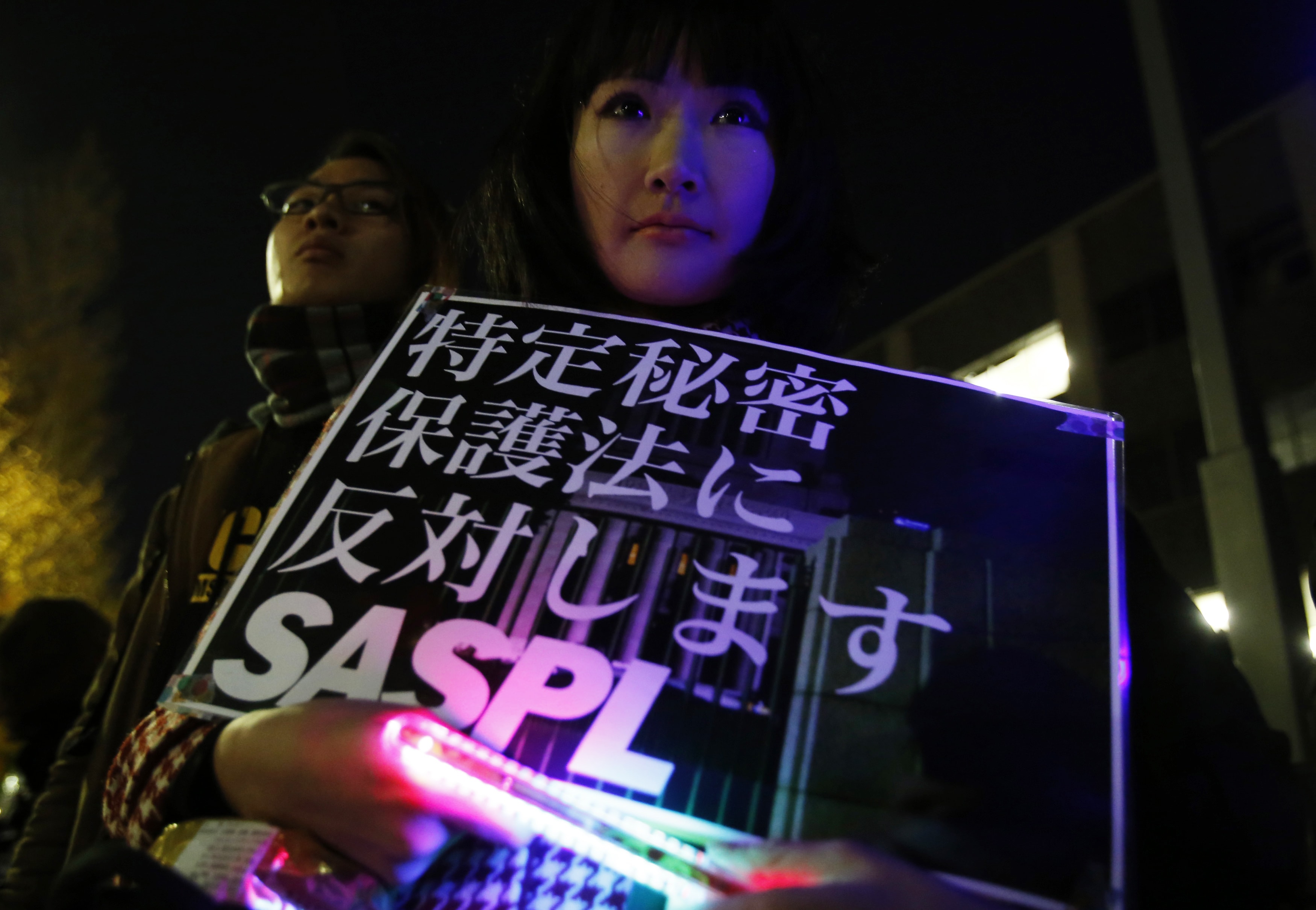
Draconian law on state secrets takes effect in Japan
RWB supports the legal action taken by a group of 43 independent journalists in an attempt to get Japan’s state secrets law overturned on the grounds of unconstitutionality.

Japan’s state secrets law, a minefield for journalists
Prime Minister Shinzo Abe’s cabinet publicly announced guidelines on how Japan’s security law, which was passed in December 2013, is to be implemented.

Japanese prosecutor suspends contempt proceedings against journalist
RWB takes note of a Japanese prosecutor’s decision to suspend “criminal contempt” proceedings against freelance journalist Mari Takenouchi in connection with her coverage of the aftermath of the Fukushima Daiichi nuclear disaster.
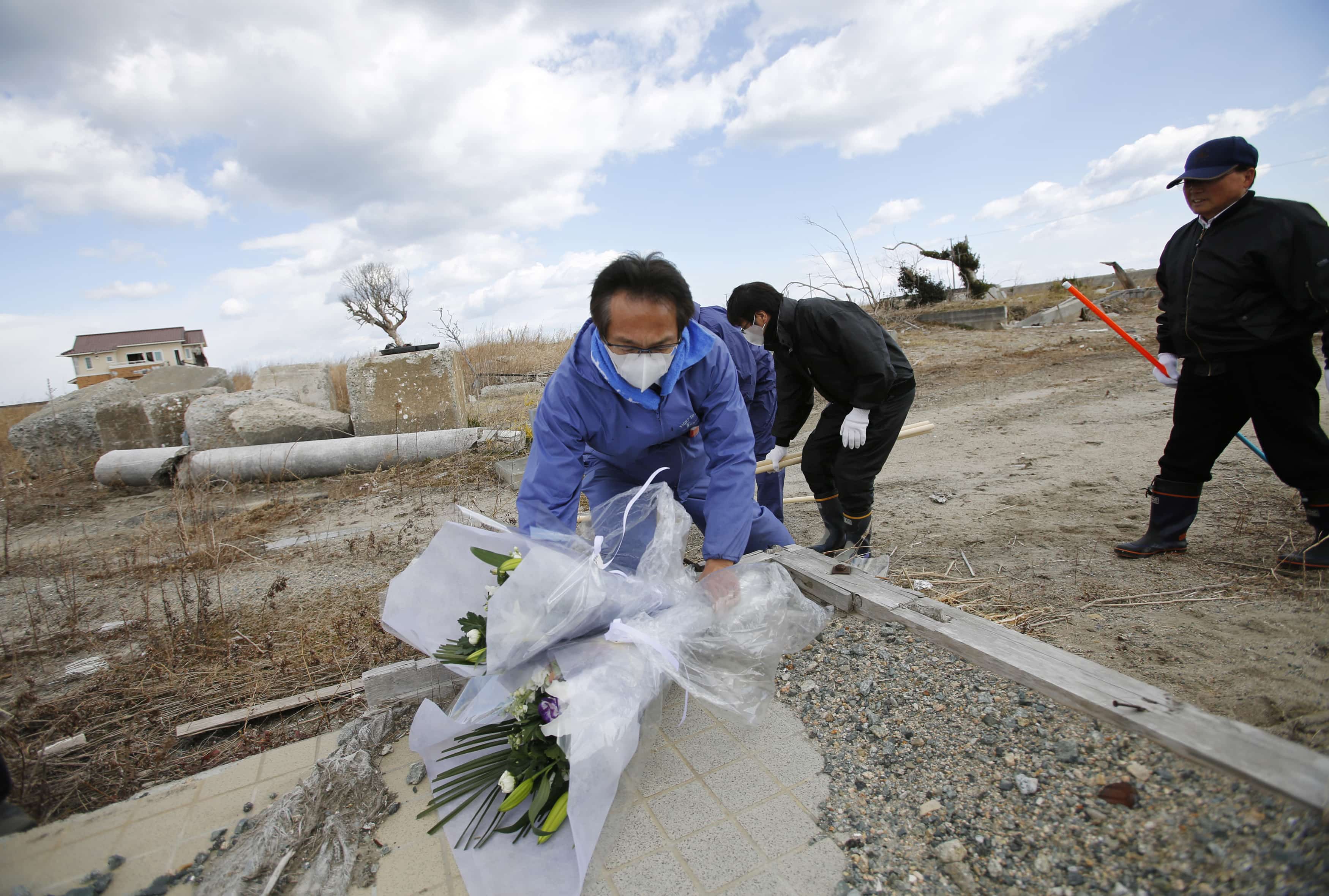
Nuclear lobby still gagging independent coverage three years after Fukushima disaster
RSF deplores the climate of censorship and self-censorship that continues to prevail in discussions of nuclear energy in Japan three years after the disaster at the Fukushima Daiichi nuclear power plant.

International journalists’ organisation denounces state secrets law enacted in Japan
There are concerns that a recently passed state secrets law “will deter potential whistleblowers in Japan from approaching journalists with information that is in the public interest, thereby undermining the ability of the media to report on issues that criticize and expose corruptions, abuse and wrongdoings.”

Japan’s new secrets bill violates free expression standards
The Japanese Parliament is urged to reject the pending Special Secret Protection Bill, which violates international standards on freedom of expression and the right to information.
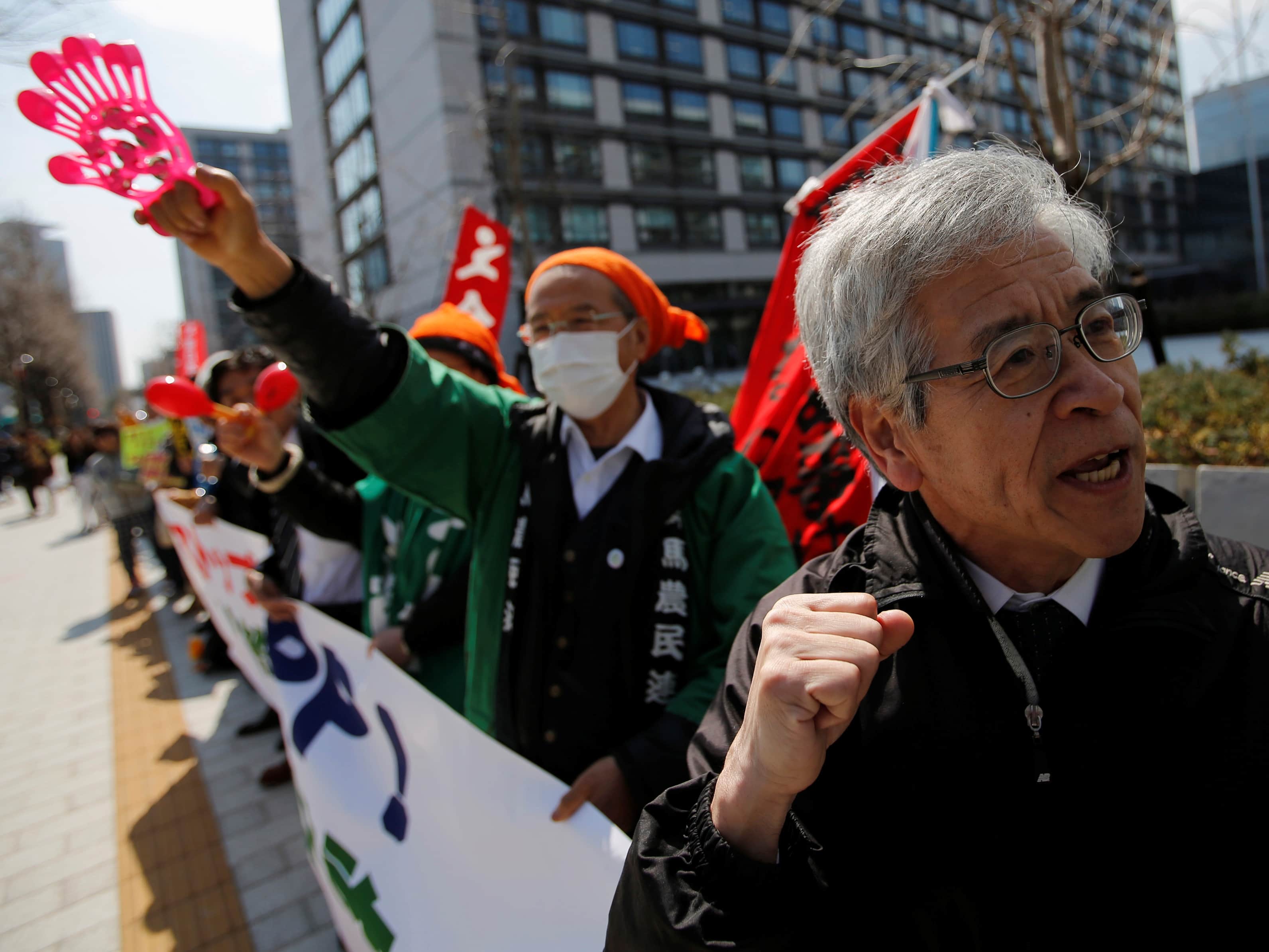
What will Japan’s entry into international trade agreement mean for Internet users?
Japan is arriving late to the Trans Pacific Partnership table, but its participation already risks making Japanese law harsher while demolishing the hard-won victories of copyright reformers in the country.